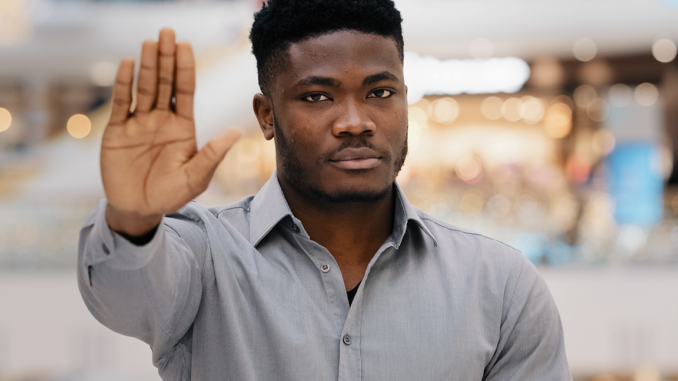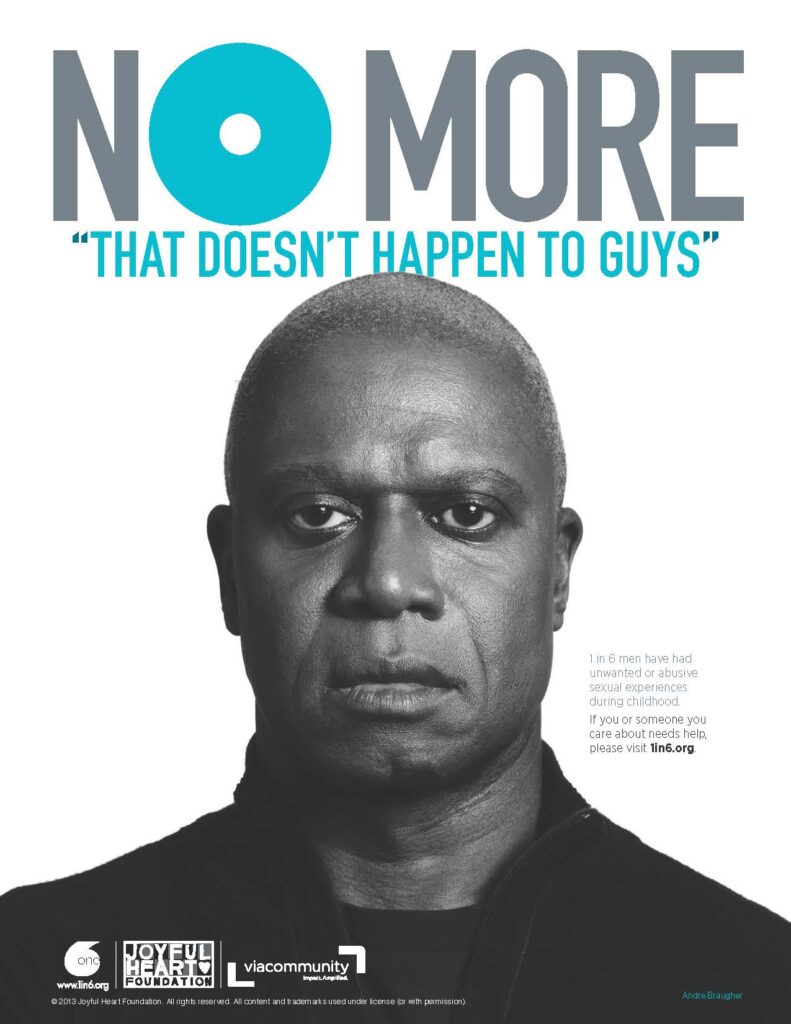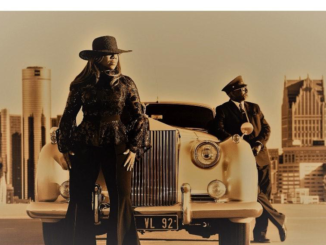
By Taroue Brooks
As a boy growing up, I was taught never to hit a girl. This is something I respect as a natural part of my existence. Today, I find that some men suffer in silence from domestic violence from women. This reality leaves me speechless. The fact of the matter is nobody has the right to hit anyone.
We are all aware of the decades of physical abuse that men have extended over time to women. This behavior has always been harmful and wrong. To that end, laws have been put in place to protect women as victims of domestic violence. Unfortunately, this remains a problem. Resources are available to support, protect, and hopefully prevent traumatic experiences with domestic violence for women.
I am intentionally speaking about men who are victims of domestic violence. While a man is a man, they can still become a victim. Like me, other men are taught that putting your hands on a woman is inappropriate. For the women who have shown violence against men, I wonder if they depend on how boys were taught not to hit girls. Therefore, assuming there won’t be any consequence when assaulting a man. I am sure that I was taught not to strike a girl because most men can overpower women.
Ironically, some boys are taught not to express themselves. These boys grow into men, not knowing how to express themselves or not feeling comfortable expressing themselves until they can’t take it anymore. By this time, they would have harmed themselves or someone else. Now, the law is involved, and nobody cares how or why. This leaves men having to fight for their lives and freedom.
There are so many perspectives on this reality. If a man defends himself from being hit by a woman, it will immediately escalate to a challenging situation, potentially hurting the woman. Yet, there is no regard for the safety of men. It leaves men with no way to defend themselves within the law. Because men have abused women over the years, the law has become very sensitive to their safety. With the way things are now, these laws must include men’s safety. Again, it is never right to assault anyone.
Most men don’t report domestic violence because of how they will be viewed socially. Unfortunately, your manhood is in question in these types of situations. There is no winning in violence for either gender. Given the increased number of men who suffer from domestic violence, we must create laws that provide adequate protection and support. Everybody must take responsibility for their actions.
About Domestic Violence
Domestic violence is a set of behaviors abusers deliberately use with their intimate partners to maintain power and control over them and the relationship. Partners should treat each other with respect and care. Healthy relationships should not include abusive behavior, such as name-calling or physical injuries.
What is domestic violence?
Domestic violence is an intentional pattern of physical, emotional, economic, and other tactics to instill fear and to coerce intimate partners to act against their own will or best interests. Victims should not blame themselves—it is not their fault.
The behavior can be subtle with abusers using a variety of ways to gain control, including insulting their partners, controlling their contact with family members and friends, or limiting how their partners can spend money. Abuse can worsen and become more frequent with consistent physical injuries, such as hitting or slapping; sexual assaults; or threats for victims’ safety.
What are some types of domestic violence?
There isn’t a single definition for domestic violence. It can take on several forms with a range of behaviors. There are some common areas where abuse often occurs:
- Physical abuse. This includes pain, injury, and harm, such as beating, kicking, suffocation, or slapping.
- Sexual abuse. This includes sexual harassment, sexual assault, or manipulating a person into having sex through guilt or threats.
- Emotional and/or verbal abuse. This includes constant criticism, threatening to hurt loved ones, or harassment at school or in the workplace.
- Economic abuse. This includes controlling a person’s income or financial assistance, misusing one’s credit, or making it difficult for a person to get or maintain a job.
- Psychological abuse. This includes minimizing or blaming a person for the abuse, intimidation, and/or threats or destroying property.
- Digital abuse. This includes controlling your passwords and social media accounts, searching your phone and text messages, and monitoring you with a GPS or related system.
Since 2004, Joyful Heart has been a leading national organization with a mission to transform society’s response to sexual assault, domestic violence, and child abuse, support survivors’ healing, and end this violence forever.







